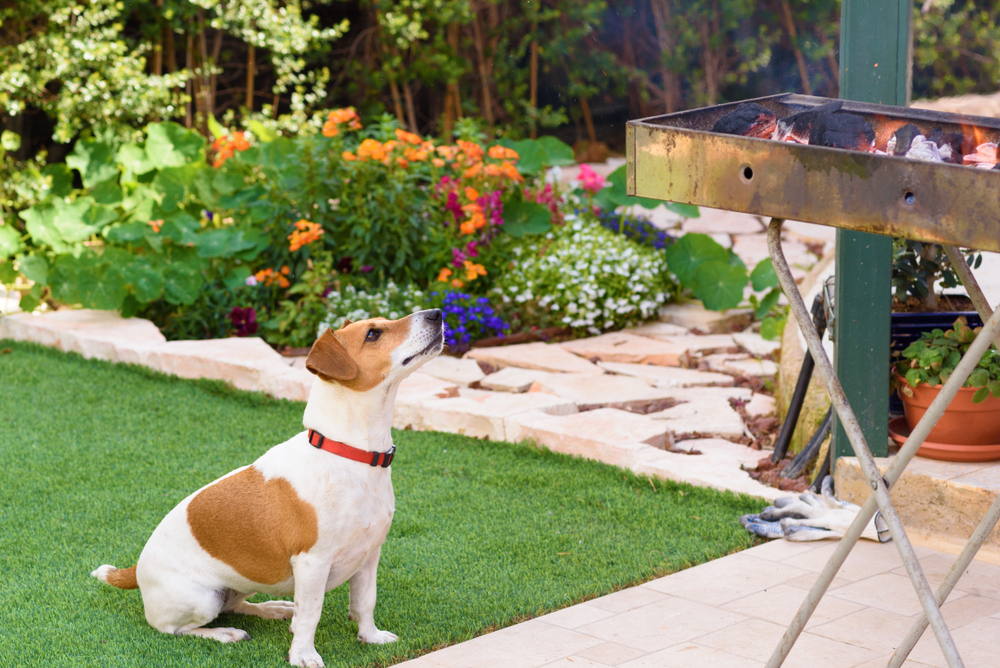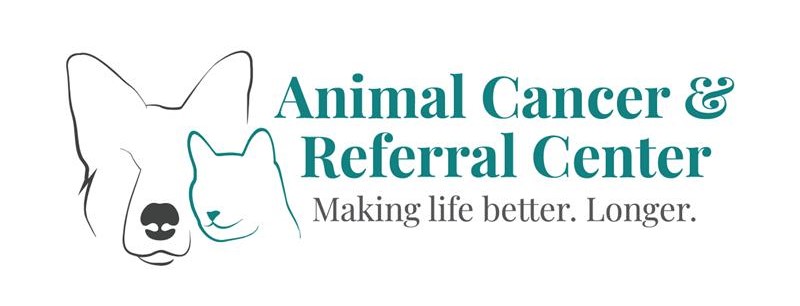If summer is your favorite time of year, you likely want to enjoy many activities with your beloved companion, although if your pet has cancer, they may not be able to participate in as many events as you’d like. However, despite their terminal illness, your furry pal can still have a great time during summer, provided you take proper precautions to keep them safe, cool, and comfortable. Before heading out to soak in the summer sun, check out our four tips that will help your furry friend enjoy the season safely, despite their condition, or help them to avoid pet cancers.
#1: Use pet-friendly sunscreen for cats and dogs
Like people, pets can be affected by skin cancer. Although your pet’s fur coat acts as armor against the sun’s harmful ultraviolet rays, white, light-colored, and thin-coated pets are at a higher risk of developing skin cancer. The UV rays from prolonged sun exposure, whether outdoors or sunbathing in a window, can cause skin damage, sunburn, and increased risk of common skin cancers.
If your yard lacks shade, or your white kitty enjoys lying in the windowsill all day, soaking up the rays, consider applying pet-friendly sunscreen to protect them against sun damage. Do not apply sunscreen formulated for people, which can contain ingredients toxic to pets, such as zinc oxide.
If your pet enjoys the warm sunshine’s soothing rays, they should be monitored closely for signs of skin cancer, especially if they are light-colored. Common skin cancer types include melanoma and squamous cell carcinoma. Skin cancer signs can range from lumps and bumps on your pet’s body, to small, round masses around the mouth, nose, toes, or paws, that can be black, brown, or pink. Any new mass—no matter how small—should be examined by your veterinarian or by a veterinary oncologist at Pearland Animal Cancer and Referral Center. If a bump changes shape, grows rapidly, or is accompanied by a non-healing sore, contact us for an appointment. We’ll take a sample to determine the mass type, and the best treatment course.
#2: Monitor your pet’s breathing when outdoors
When romping outdoors with your furry pal, be cautious of overdoing it, especially when temperature and humidity levels rise. Excessive heat, paired with high humidity, can make it challenging for your best friend to breathe well, especially if their cancer has metastasized to their lungs. These small masses can restrict proper lung function, and sticky weather makes breathing more difficult than usual. For pets with flat faces (i.e., brachycephalic breeds), choose the coolest part of the day to exercise and play outdoors. Early morning is usually best for pets with breathing issues, regardless of the cause, as the temperature and humidity are at their lowest points. When outdoors, monitor your pet closely for an increased respiration rate or effort, and at the first sign of trouble, head inside, where it’s cool and comfortable.
#3: Ensure your pet stays hydrated during the summer
Adequate hydration is critical in the summer to avoid heat exhaustion, or a potentially fatal heatstroke episode. However, if your beloved companion has an inoperable oral or nasal tumor, drinking and breathing may be difficult. Your pet’s mass may have been removed or debulked through surgery, but part of their jaw or tongue may be absent, making drinking more challenging. Encourage your pet to drink with drinking fountains, ice chips, or water flavored with a small amount of sodium-free chicken broth, and always provide fresh, cool water. Feeding your pet canned food with a high moisture content, or adding water to canned food to make a slurry or soup that your furry pal can lap up more easily, are also excellent ways to increase moisture intake.
#4: Avoid feeding your pet foods from your cookout

One of the summer season’s highlights is cooking everything on the grill, whether it’s meat, a vegetable, or fruit. The mouth-watering aromas when you’re grilling a thick, juicy steak will likely tempt your furry pal, but avoid sharing your barbecue dinner. Bones in ribs, steak, and chicken can pierce your pet’s intestinal tract, or lodge and cause a life-threatening obstruction, while fatty meats may lead to pancreatitis. If your best friend is already battling illness, prevent compounding the issue, and offer them only pet-friendly foods. Fresh veggies, small pieces of fruit, and chunks of lean meat can be more easily and safely digested than corn on the cob, or potato salad. Keep in mind that some cancer treatments may reduce your pet’s appetite, or make them nauseous, so tempting them with small portions of healthy human foods may encourage them to eat. However, don’t overdo it, as unfamiliar foods may cause vomiting or diarrhea. When in doubt about which foods are safe for your pet, call us for advice.
If your furry pal develops an unusual lump, bump, or non-healing sore after excessive sun exposure, contact us for an appointment, to determine the source of the issue.


